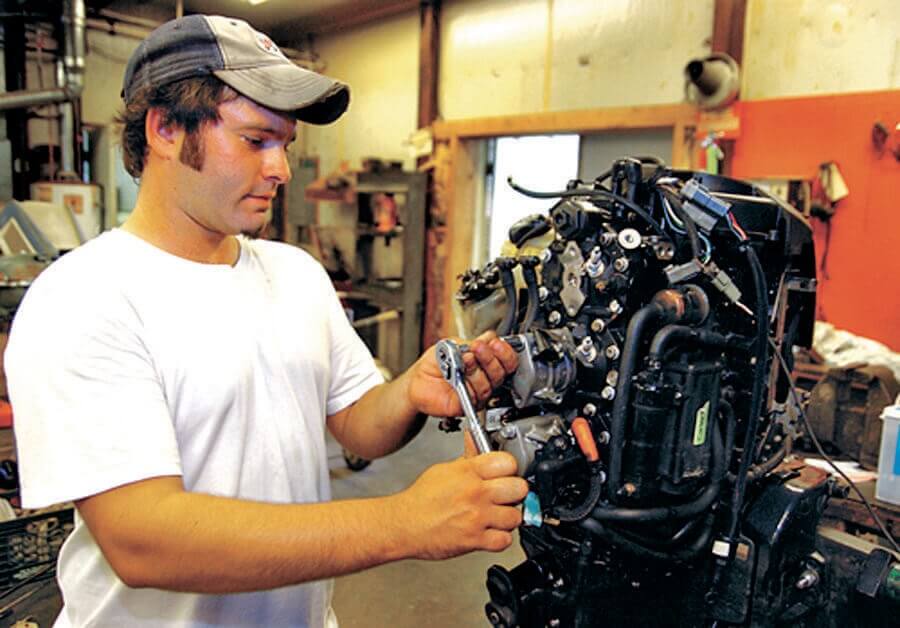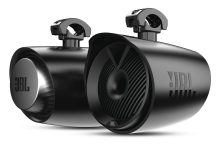This summer, the Environmental Protection Agency (EPA) asked the public how much ethanol it wanted to be added to the nation’s gasoline supply, and recreational boaters as well as many other owners of gasoline engines and vehicles spoke up against increasing ethanol volumes under the Renewable Fuel Standard (RFS).

However, EPA has recently set the 2018 RFS at 19.29 billion gallons, a 0.05 percent increase over the 2017 standard. Signed into law in 2005, the RFS requires an increasing amount of biofuels, such as corn ethanol, to be blended into the gasoline supply.
“In August, EPA originally proposed a slight lowering of the overall ethanol mandate. However, bowing to pressure from the ethanol backers, the agency actually notched the mandate higher,” said BoatUS Government Affairs Manager David Kennedy. “We think the EPA’s decision unfairly supports the ethanol industry over protecting consumers, recreational boaters, and the environment. If ethanol is as good for America’s fuel supply as Big Ethanol would like you to believe, then why do we have a law that forces more ethanol each year into the market? The RFS no longer works for Americans.”
When it was written, RFS assumed that America’s use of gasoline would continue to grow. Since 2005, however, gasoline usage has not increased as forecasted, which today forces more ethanol into each gallon of gas. To keep up with the RFS mandate, in 2010 EPA granted a waiver to allow E15 (15 percent ethanol) into the marketplace. However, only fuels containing up to 10 percent ethanol (E10) are permitted for use in recreational boats. As higher blends enter the gas supply, the chance of misfueling increases.
“Ethanol has been demonstrated to cause harm to many gasoline engines at the present 10 percent ethanol level, especially legacy outboard motors, decreases fuel efficiency, increases fuel costs for consumers, and has questionable environmental benefits,” added Kennedy. “BoatUS will continue to fight on behalf of America’s recreational boaters to fix the RFS.”
Go to BoatUS.com/gov/rfs for more information on the Renewable Fuel Standard. BoatUS is a member of the Smarter Fuel Future coalition.































